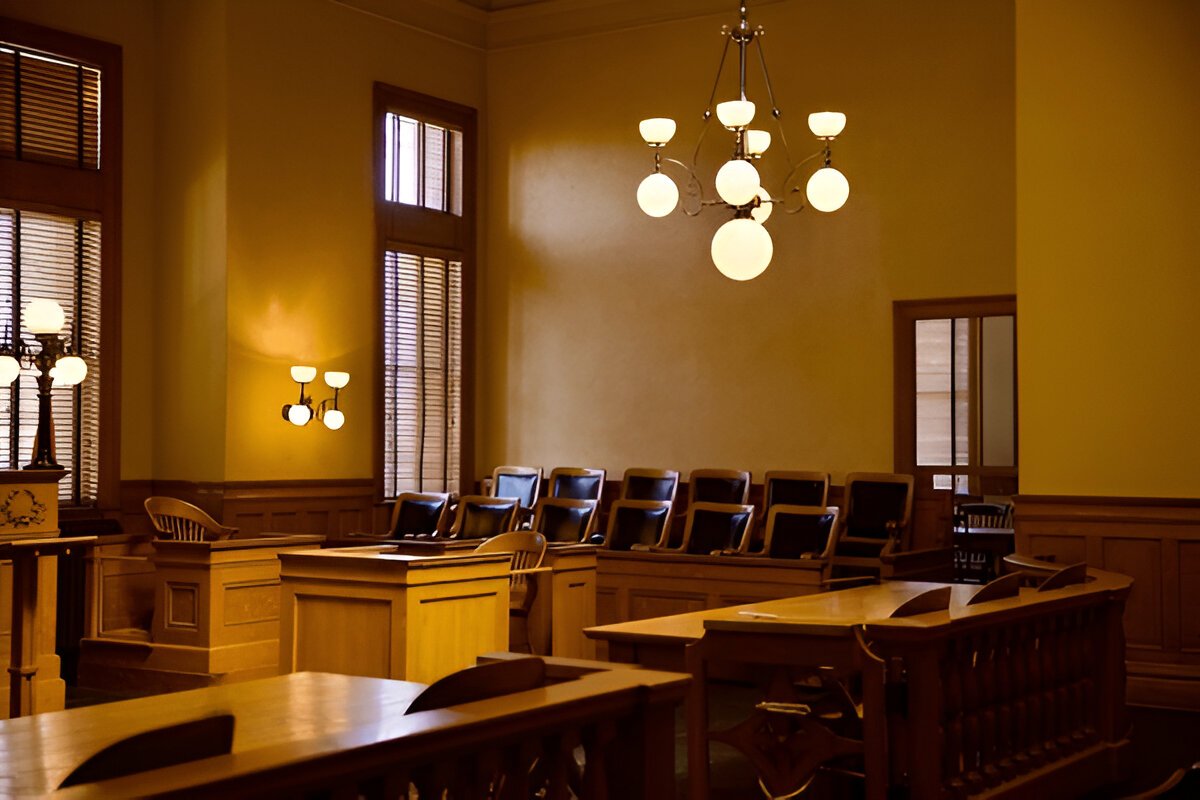INDEPENDENT THOUGHT
Vs.
UNION OF INDIA AND ANR.
(AIR 2017 SC 4904)
The Section 375 of Indian Penal Code defines 'rape'. This provision was amended by Criminal Law Amendment Act, 2013 haphazardly after the Nirbhaya incident. The Amendment to the said Section increased the age of consent to sexual intercourse to 18 years. However, the Exception-2 of the said provision was not amended which stated that "sexual intercourse by a man with his wife of age 15 or above is not rape". The purpose of the 2013 amendment was to bring it in consonance with the Juvenile Justice (Care and Protection of Children) Act, 2012, the Protection of Children from Sexual Offences Act, 2012, and Prohibition of Child Marriage Act, 2006; wherein child is a person who is below the age of 18years. The non-amendment of the exception-2 of Section 375 resulted in an anomalous situation where forced sexual intercourse by a husband with a minor wife between the ages of 15 and 18 is permitted. Hence, the present case has been filed.
Bench
Justice Madan Lokur and Justice Deepak Gupta
Facts
In the year 2013, a child rights organization, Independent Thought, filed a writ petition in public interest before the Supreme Court under Article 32 of the Indian Constitution. This petition challenged the constitutionality of Exception 2 to Section 375 of the IPC on the ground that it is not in consonance with the main provision i.e. Section 375 and also with the other laws like POCSO. The petition sought to declare Exception-2 of Section 375 as unconstitutional.
You can also read the Blog by visiting [Blog]
For more information, visit [Aashayein Enquiry Section]
Issues
- Whether the Exception-2 of Section 375 is in harmony with the main provision?
- Whether the Exception-2 of Section 375 be declared as unconstitutional?
Judgment
The Supreme Court of India interpreted the Exception-2 of Section 375 in harmony with main provision. The Apex Court for the first time recognised marital rape and declared that within marriage also sexual intercourse with a wife of age between 15 to 18years will constitute an offence of rape.
Analysis
In India the marital rape is not recognised. Marital rape is basically forceful sexual intercourse by a husband without the consent of wife. The present case was the pioneer in recognising the same.
The Court said that the Exception-2 of the Section 375 did not create a reasonable classification and hence violates Article 14 of the Indian Constitution. It was also observed that Exception 2 was a clear infringement of the right to live a dignified right with basic autonomy and safety, as enshrined in Article 21. Furthermore, the court noted that the provision of Section 375 exception was not in consonance with POCSO and Juvenile Justice Act wherein any person below the age of 18years has been declared as child. The effect of allowing present exception-2 to Section 375 permits the non-consensual intercourse by husband with a wife between the ages of 15 to 18 years. Therefore, to harmonise Exception-2 with the main provision, court held that Exception-2 shall be read as sexual intercourse with the wife above 18years of age will not be rape. The court in context of Article 21 of the Indian Constitution said that the right to life includes the right to develop physically, mentally and economically as an independent self-sufficient female adult. It further said that allowing such provision will negatively impact physical and mental health of such girl child which will eventually have grave repercussions.
The current status is that marital rape is not legally recognised in India; however, the present case was a baby step towards recognition of the same. The case has partially penalised marital rape i.e. till the age of 18years and not after that. The Court applied the rule of harmonious construction and made the exception in consonance with the main provision and also with the POCSO and Juvenile Justice Act. The court rather than declaring the whole exception as unconstitutional interpreted it in such a manner that it resolves the issue of the case. This case is landmark and progressive towards changing of the Indian Society.

